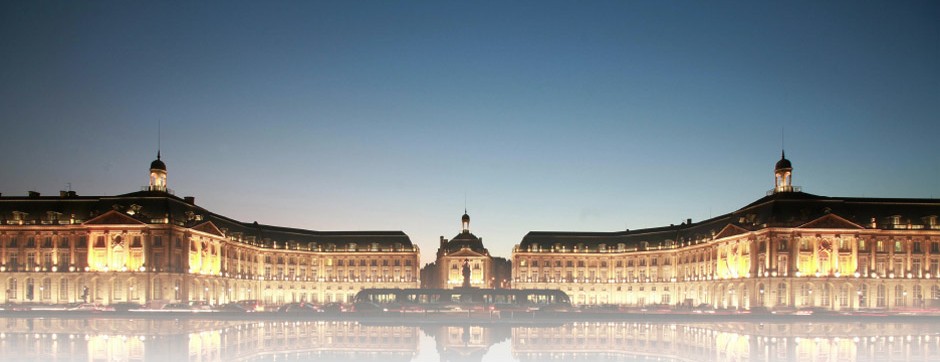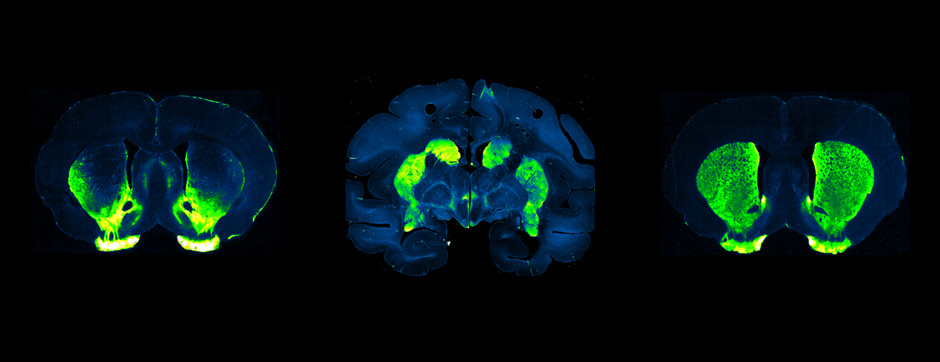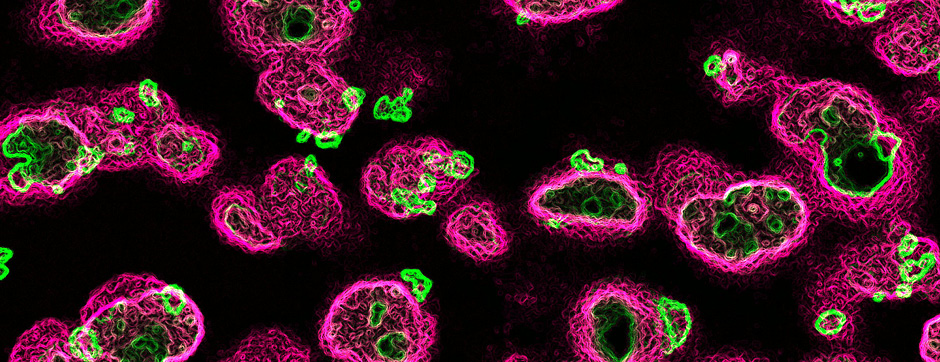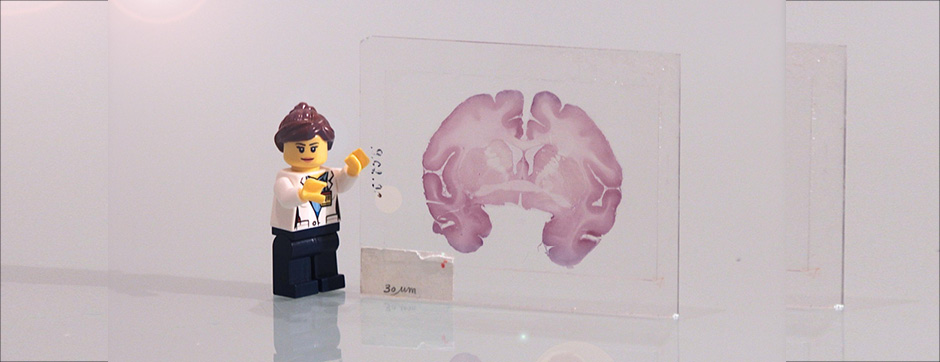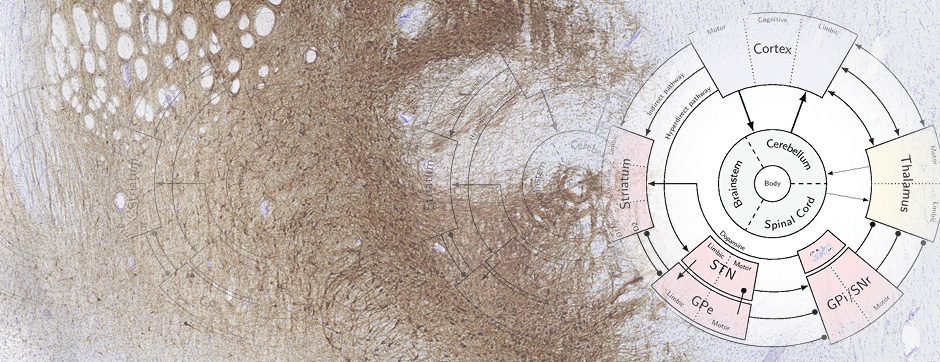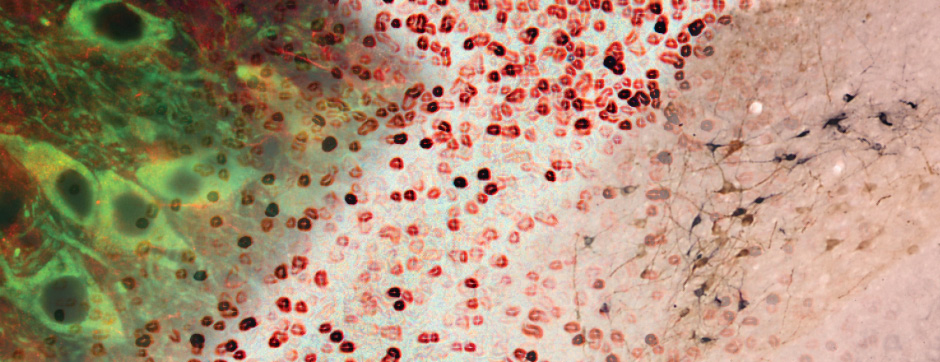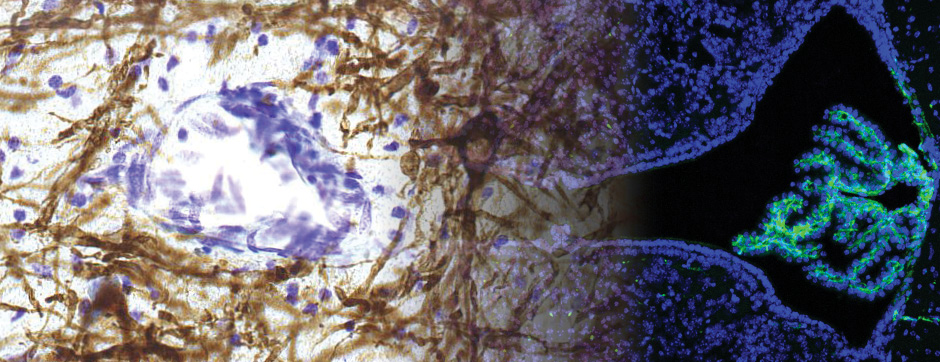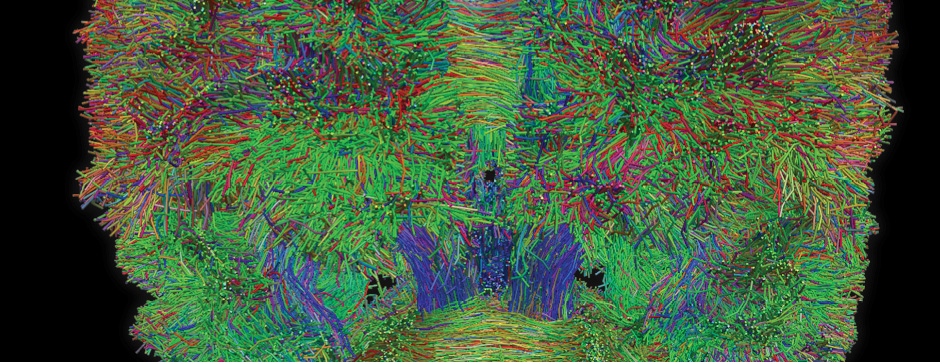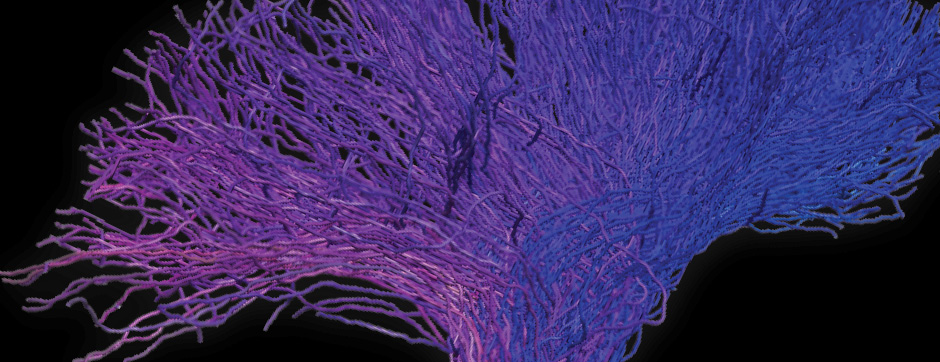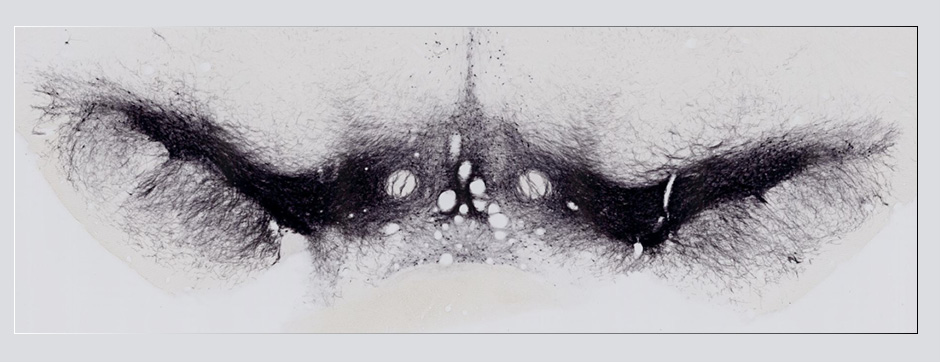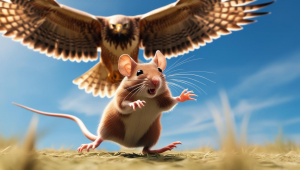Portrait: Maëlle, Master Student in Neurosciences at IMN
To mark the “International Day of Women and Girls in Science”, we’re delighted to bring you daily portraits of women scientists at IMN.
Their backgrounds and professions are diverse, yet they all share a passion for research and science.
Created by Alba Garcia Baos, Jakob Scharnholz, Claire Delattre and Christelle Glangetas.
Maelle Hardel
Master Student in Neurosciences
University of Bordeaux,
Neurodegeneratives Diseases Institute
“Boldness, a lot of doubts and a tremendous amount of curiosity”, that’s how you might define Maelle’s scientific career.
Can you say a few words about your research?
Maelle: I’m currently doing my Master’s degree, and I’m going to study vigilance and anxiety behavior in mice: what happens in a mouse’s brain when faced with a potential threat? To find out, we’ll need to determine whether activation of a brain region called the Dorsal Raphe Nucleus is necessary to detect a threat and escape. I imagine you’re all wondering, but no, there’s no eagle in the lab! I will mimic the eagle’s approach with a black disk projected onto a high screen.
Maelle’s Science in picture
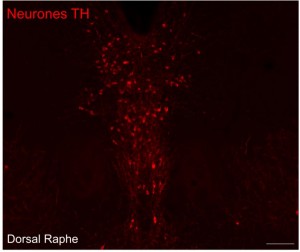
Which brain regions control this behavior? Photo of a coronal brain slice showing the Dorsal Raphe Nucleus, a brain region potentially involved in threat detection behavior and defensive reaction to predators.
Can you say a few words about your research?
Maelle: I’m currently doing my Master’s degree, and I’m going to study vigilance and anxiety behavior in mice: what happens in a mouse’s brain when faced with a potential threat? To find out, we’ll need to determine whether activation of a brain region called the Dorsal Raphe Nucleus is necessary to detect a threat and escape. I imagine you’re all wondering, but no, there’s no eagle in the lab! I will mimic the eagle’s approach with a black disk projected onto a high screen.
Did you always know that you wanted to be a scientist?
Maelle: It was never very clear, because I always loved everything and wanted to do everything. My STEM classes fascinated me, but I loved French just as much, for example. Post-bac, I was accepted everywhere at Parcours sup: psychology, biology, speech therapy, literature and English. And I thought, “Gosh, what am I going to do with my life!”. The psychology degree was pretty general and that’s why I liked it.
My interest in science came later, when I was explaining psychobiology to my classmates. That’s why I went on to do a Masters in Neuroscience.
Why did you decide to switch from a Bachelor’s degree in psychology to a Master’s degree in neuroscience?
Maelle: It was perhaps a bold move on my part. During my undergraduate studies, I realized that I particularly liked biological mechanisms. Psychobiology was my favorite subject. So I said to myself, I’m going for it, and I don’t care if I fail! I gave it a go, and that’s how I ended up here. I love studying emotions, behavior and mental pathologies.
Can you complete the following sentence: “ To do Science you need to … “
Maelle: be curious!
Did you encounter difficulty as a woman to do Sciences? Did you hear that Sciences are not for girls?
Maelle: No, I didn’t feel any difficulty. My promotions at university were mainly female.
Where do you see yourself in 5 years?
Maelle: I still have a lot of doubts, but in the sciences, that’s for sure! On the other hand, I don’t know if I want to do a PhD. I’m afraid I’d get frustrated studying just one subject.
Science popularization is a field that would appeal to me too, and would enable me to work on a multitude of scientific subjects at the same time.
And to finish this portrait, Maelle’s Science in music: what are you listening to on the bench?
Maelle: At the moment, I’m listening to Bad Bunny’s “Turista” to motivate me during my analyses.
